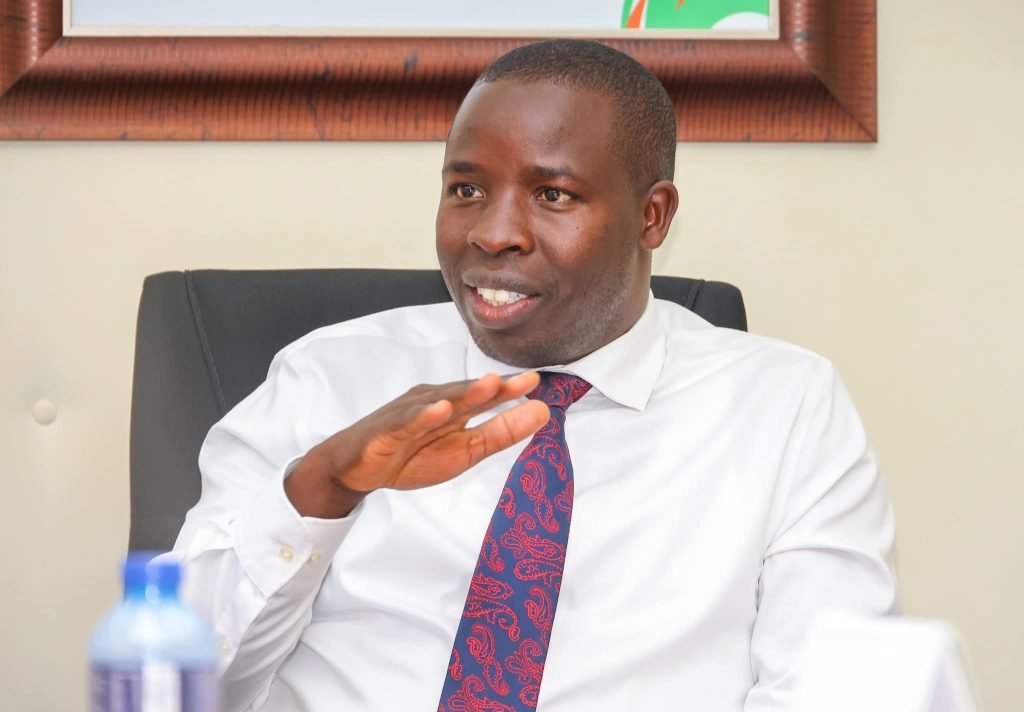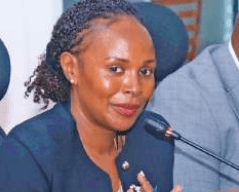The Nandi HIV-Aids story is significant because it reflects Kenya’s growing push for self-reliance in healthcare as donor funding shrinks. For decades, counties like Nandi relied heavily on US-backed Ampath, but Trump’s freeze has forced local governments to step up. Governor Stephen Sang’s pledge to safeguard patients and embed services into county health systems is bold, but sustainability will depend on financing, trained personnel and consistent drug supplies. His call for a data-driven, collaborative model is timely, yet the transition risks service disruptions. If successful, Nandi could set a precedent for other counties navigating a post-donor healthcare era.

Nandi government has fully taken over the running of HIV-Aids services following the recent withdrawal of US government funding, Governor Stephen Sang has said.
He assured patients that none will be abandoned.
For years, most HIV-Aids programmes
in Nandi were bankrolled by the US through the Ampath project. But
the initiative was shut down early this year after President Donald Trump
ordered a freeze on funding, leaving thousands of patients uncertain about the
future of their treatment and care.
Governor Sang has since moved to
fill the gap. He has initiated discussions with key health stakeholders to
guide the future of HIV-Aids services in the county, signalling a
fundamental shift from donor dependency to local ownership.
“We must ensure that we implement
care programmes that will guarantee patients in our region are not
abandoned at all,” he said.
The governor convened a high-level
meeting with representatives from the Henry Johnson Foundation Medical Research
Institute—one of the national HIV-Aids programme’s key implementing
partners—and the county health department to chart a new path for service
delivery.
The meeting laid out a six-month
transition plan focused on ensuring seamless continuity of care. Critical areas
of discussion included the transfer of human resources, the integration of
HIV-Aids services into the county’s broader healthcare systems, and the urgent
need for continuous capacity building and training of healthcare workers in all
facilities.
Sang said this was not just about replacing a donor, but about fundamentally redesigning HIV-Aids programmes for long-term sustainability.
“We cannot rely on a one-size-fits-all
model. Our strategies must be informed by specific regional data and the unique
needs of our people to ensure no one is left behind,” he said.
The forum also underlined the
county’s commitment to taking full ownership of the health initiative by
embedding it within existing public health structures. Sang said such a shift
would not only secure the future of HIV-Aids services but also strengthen the
resilience of the county’s entire healthcare system.
Deputy Governor Yulita
Cheruiyot, county secretary Francis Sang, health and sanitation executive Angeline Kirui, health chief officer Fredrick Kiptum and director of
health Christine Chebet were among senior county officials present.
Sang challenged them to work closely together and remain focused on the successful implementation of the transition plan.
“This is about safeguarding lives, protecting the gains we
have made, and ensuring Nandi continues to lead in innovative healthcare
delivery,” he said.
The outcomes of the meeting are
expected to form the foundation of a detailed work plan aimed at sustaining and
even strengthening the fight against HIV-Aids under county leadership.













